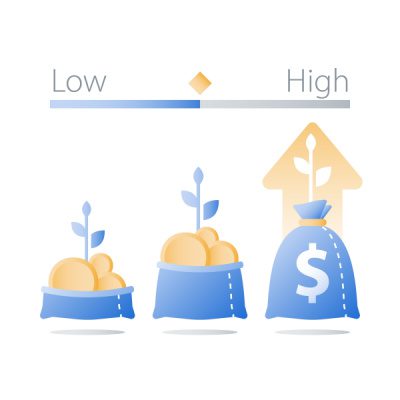 Personal loans are a type of loan that can be used for a variety of personal expenses, such as home improvements, medical bills, or unexpected expenses. They are typically unsecured, meaning that no collateral is required, and are issued based on a borrower’s credit score, credit history, and other factors. Personal loans typically have fixed monthly payments and a set loan term, which can range from a few months to several years.
Personal loans are a type of loan that can be used for a variety of personal expenses, such as home improvements, medical bills, or unexpected expenses. They are typically unsecured, meaning that no collateral is required, and are issued based on a borrower’s credit score, credit history, and other factors. Personal loans typically have fixed monthly payments and a set loan term, which can range from a few months to several years.
Interest rates on personal loans can vary depending on the borrower’s credit score, credit usage, and other factors. Some lenders may charge origination fees or other fees associated with the loan. To be approved for a personal loan, borrowers typically need a minimum credit score, a sufficient income, and a responsible credit history. The actual loan terms for personal loans depend on the lender and the borrower’s creditworthiness.
Personal loans come in two main types: secured and unsecured loans. Secured loans require collateral, such as a car or house, to secure the loan. This means that if the borrower defaults on the loan, the lender can seize the collateral to recoup their losses. Unsecured loans, on the other hand, do not require collateral and are typically based on the borrower’s creditworthiness and ability to repay the loan.
When applying for a personal loan, lenders will typically perform a soft credit inquiry to determine the borrower’s creditworthiness. This means that the inquiry will not affect the borrower’s credit score. However, if the borrower is approved for the loan, the lender may perform a hard credit inquiry, which can temporarily lower the borrower’s credit score.
Personal loan lenders come in many different forms, from traditional financial institutions like banks and credit unions to online lenders. It’s important to do your research and compare different lenders to find the best rates and terms for your needs. Make sure to choose an equal housing lender to ensure that you are not discriminated against based on your race, gender, or other factors.
To be approved for a personal loan, borrowers typically need to have a good credit score and credit history, as well as sufficient income to repay the loan. Auto loans, for example, are a type of personal loan that is specifically designed for purchasing a car. To get the most favorable loan terms, borrowers with fair credit or lower may want to consider a joint loan with a co-borrower who has a higher credit score.
Financial institutions may require borrowers to verify their bank account information before approving a personal loan. This is to ensure that the borrower has a valid bank account and to set up direct payment for the loan. Personal loan rates can vary based on factors such as credit score, loan amount, and loan term. APRs and origination fees may also apply, so it’s important to read the loan terms carefully.
Universal credit, also known as income-based credit, is a type of government benefit that provides financial assistance to individuals and families with low income. Borrowers who receive universal credit may still be eligible for a personal loan, but may need to meet additional requirements such as minimum income or credit eligibility.
When applying for a personal loan, borrowers can expect the loan process to take several business days. Fully amortizing personal loans have fixed monthly payments that cover both the principal and interest, ensuring that the loan will be paid off in full by the end of the loan term. Loan term lengths range from a few months to several years, depending on the lender and loan purpose.
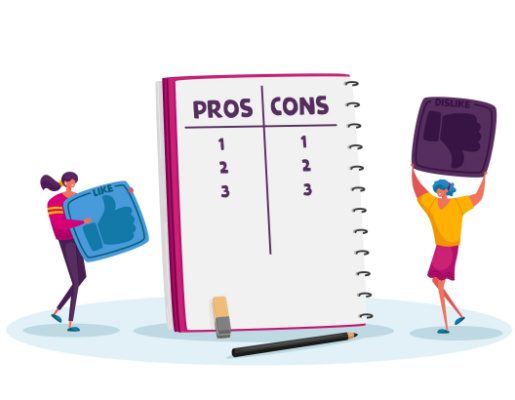 Pros:
Pros:




 Personal loans are a type of loan that can be used for a variety of personal expenses, such as home improvements, medical bills, or unexpected expenses. They are typically unsecured, meaning that no collateral is required, and are issued based on a borrower’s credit score, credit history, and other factors. Personal loans typically have fixed monthly payments and a set loan term, which can range from a few months to several years.
Personal loans are a type of loan that can be used for a variety of personal expenses, such as home improvements, medical bills, or unexpected expenses. They are typically unsecured, meaning that no collateral is required, and are issued based on a borrower’s credit score, credit history, and other factors. Personal loans typically have fixed monthly payments and a set loan term, which can range from a few months to several years.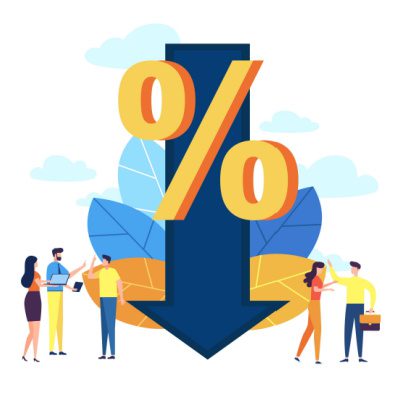
 An origination fee is a fee that some lenders charge to process a loan application and disburse loan funds. The origination fee is typically a percentage of the loan amount, and it can range from 0% to 8% of the loan amount, depending on the lender and the loan product.
An origination fee is a fee that some lenders charge to process a loan application and disburse loan funds. The origination fee is typically a percentage of the loan amount, and it can range from 0% to 8% of the loan amount, depending on the lender and the loan product.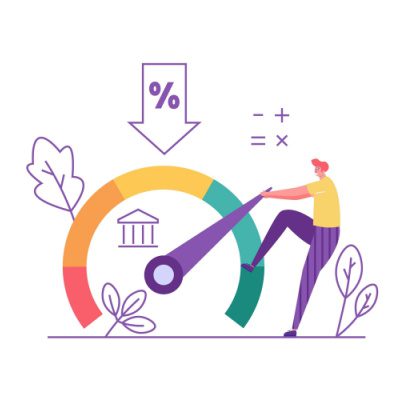
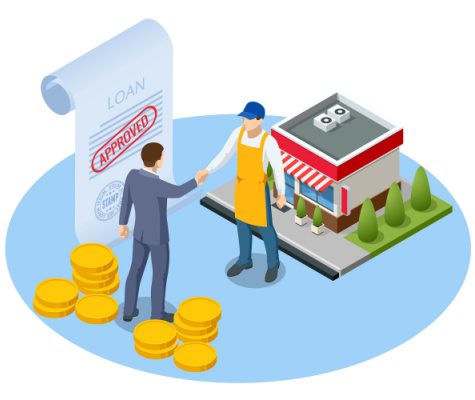 The time it takes to get approved for a personal loan can vary depending on several factors, including the lender, the loan product, and the borrower’s application and credit history. In general, some lenders may offer same-day or next-day loan approvals, while others may take several days or even weeks to process an application.
The time it takes to get approved for a personal loan can vary depending on several factors, including the lender, the loan product, and the borrower’s application and credit history. In general, some lenders may offer same-day or next-day loan approvals, while others may take several days or even weeks to process an application.
